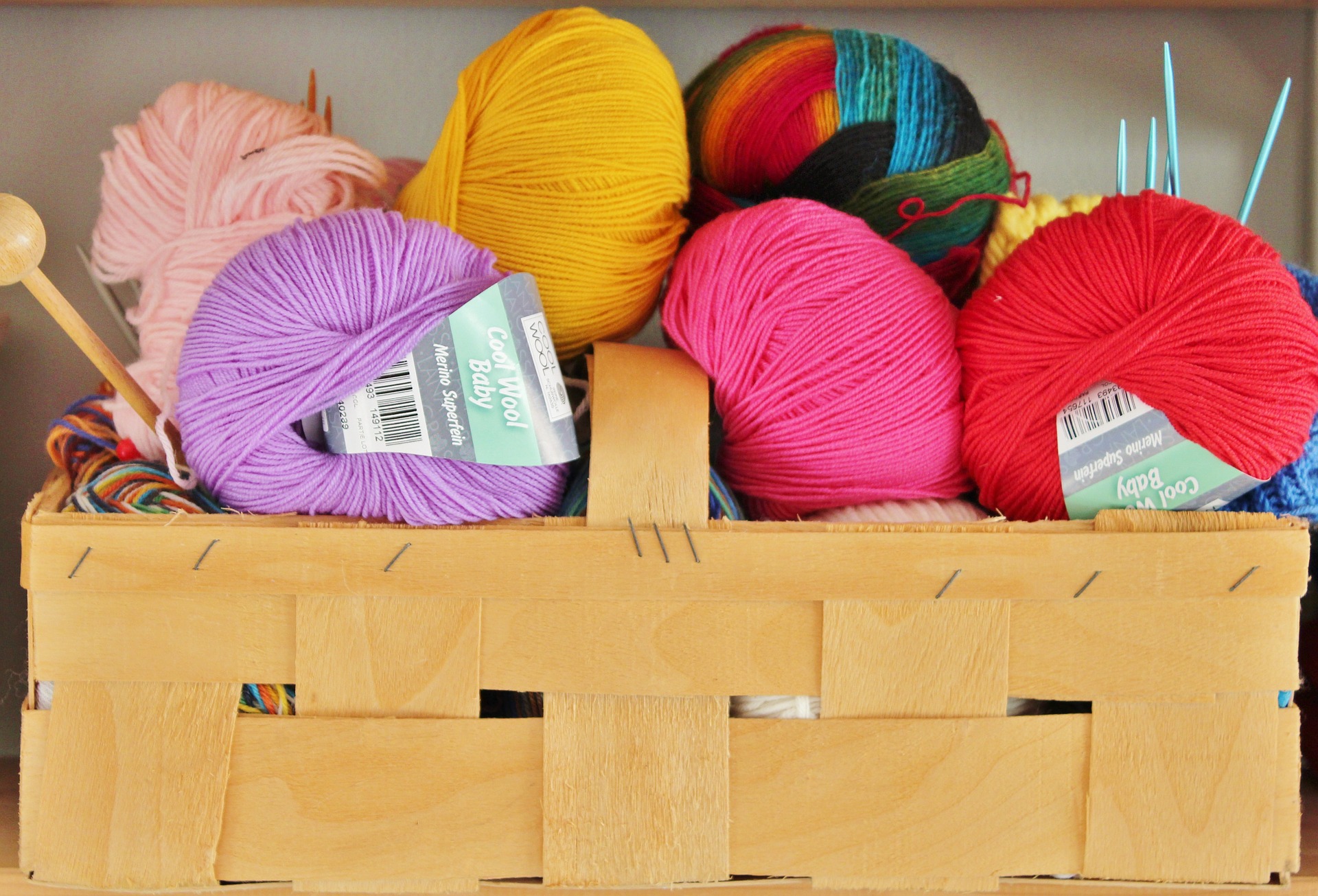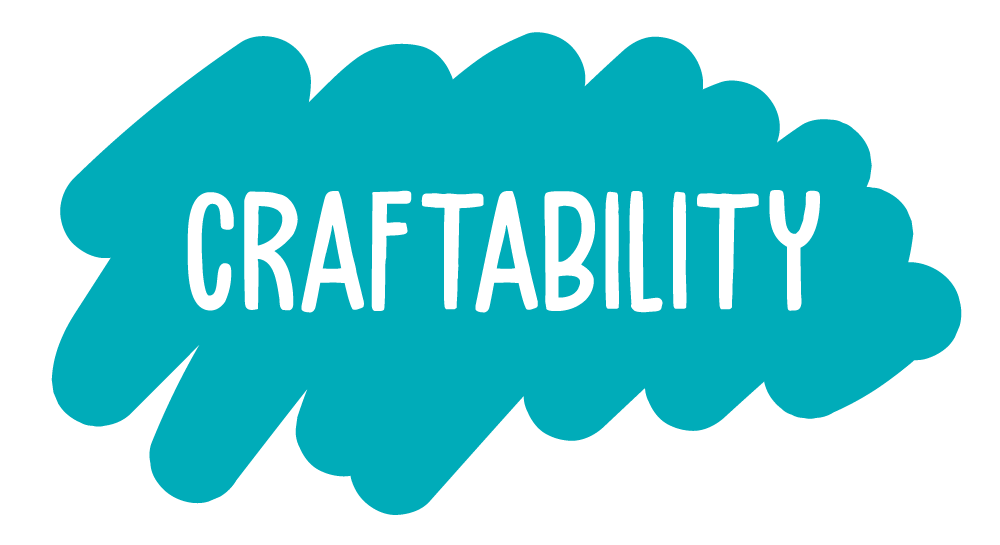
Therapy and medication are common methods to addressing mental disorders. However, research has found that having a hobby can significantly boost mental health, as well. A 2009 study tracked anxiety levels among subjects with recognized eating disorders who knitted in their spare time. The study found that 74 percent of the evaluated group reported that knitting “had a calming and therapeutic effect,” and significantly reduced their anxiety symptoms linked to eating.
All in all, engaging in a beloved hobby can reduce stress, improve your mood, challenge your brain, build new skills, promote feelings of accomplishment, and provide opportunities for socializing. Hobbies that boost mental health can include playing an instrument, creative writing, singing, acting, knitting, and painting, among many others.
Here are five mental health benefits to having a hobby.
Reduces Stress
Hobbies allow you to calm yourself and relax by changing the pace of the hectic life you’ve been leading. If work has you frenetically going through a dozen thoughts per minute, making time to “switch gears” and sit down and focus on a hobby calms your brain down by throwing your body and mind into an activity or project that takes time and patience to do well. Once your hands, heart, and head are focused on how to crochet, strum the guitar, or paint a landscape, the pace of time itself changes. You find yourself focusing on enjoying the time you spend doing your hobby. This rejuvenates your spirit.
Boosts Mood
When you have a hobby you love, you find yourself riding waves of inspiration or improvisation that exercise your abilities as a creative individual. When you tap into your inner creativity and produce something of quality, you feel accomplished and productive, creating something real and tangible out of your efforts. Being able to produce something that you can show others elevates your mood. You feel you are learning and making progress with your hobby, and this always makes you feel good about yourself.
Encourages Socializing
Some hobbies allow you to socialize and combine good friendship- and bond-forming conversation while giving you an avenue to look to others for help when you find yourself “stuck” in the progress of your hobby. Being able to get advice from a hobbyist peer or teacher while engaging in conversation, encourages you to stick to the hobby through thick and thin. You begin to look forward to your hobby sessions with your fellow hobbyists and see it as a time to unwind and have fun.
Boosts Memory
A primary mental health benefit to having a hobby is simply being able to challenge your mind. Hobbies that exercise different hand-mind coordination, such as knitting or playing the piano, challenge the brain to form new neural connections that strengthen your brain and prevent age-related memory loss.
Staves Off Depression
When your hobby of choice is an activity that makes you happy, you find yourself less likely to fall into pits of depression or sadness. Often, depression or sadness finds you when you relent to thinking too much about yourself for a time. Performing a hobby, rather than overthinking, is a great way to stave off feelings of depression and sadness – both feelings of which can lead to even more dangerous issues such as addiction or suicidal thoughts.
A Takeaway
Finding and investing in a favorite hobby may be all you need to help you love yourself more and help boost your mental health. Becoming good at a hobby instills a fantastic sense of confidence in your skills and abilities and helps you feel relaxed and accomplished. Practicing a hobby delivers a bevy of mental health benefits that will make you a much happier person in the long run.
Photo via Pixabay
